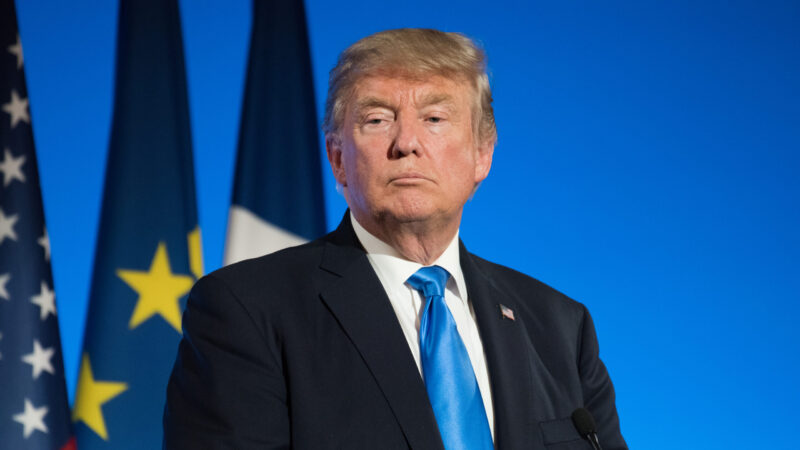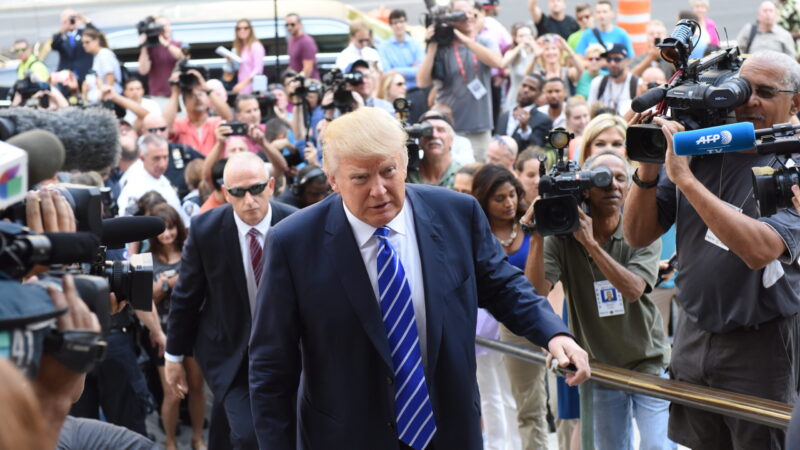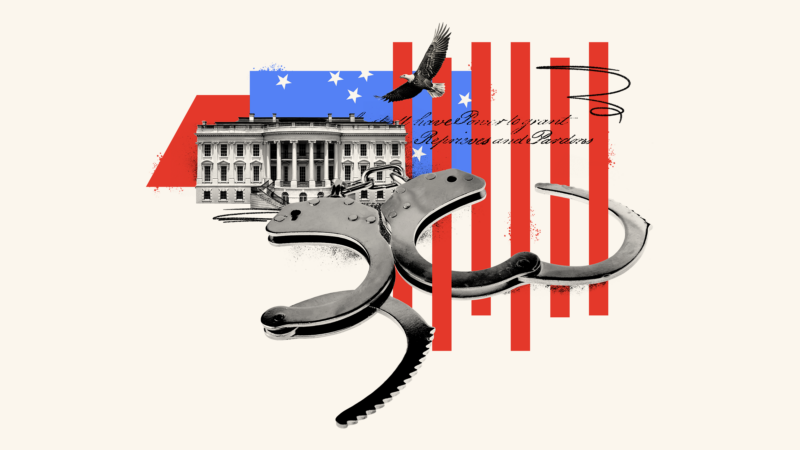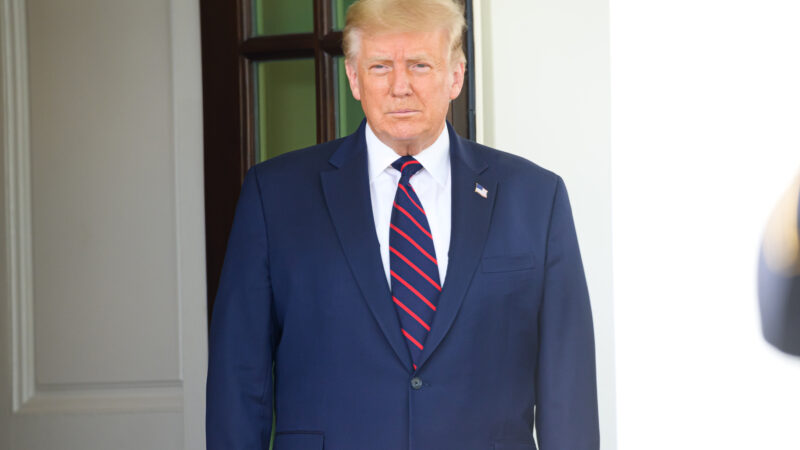Protect Democracy Statement on Court Decision in Summer Zervos Case
- March 20, 2018
President Trump is not above the law
Press Contact: Soren Dayton, [email protected]
The Supreme Court of the State of New York for New York County just issued its decision on Mr. Trump’s motion to dismiss in Zervos v. Trump, a defamation case brought against Mr. Trump by the former Apprentice contestant Summer Zervos. The decision is here.
The decision validates the arguments we at Protect Democracy presented to the court in an amicus brief, namely that because no one is above the law, the President is not immune from civil suit in state court while in office for acts undertaken in his personal capacity. The amicus brief was filed on behalf of law professors Stephen B. Burbank, Richard D. Parker, and Lucas A. Powe Jr., who also filed a similar brief twenty years ago in Clinton v. Jones. Professor Richard Primus and Ropes & Gray LLP were co-counsel on the brief with Protect Democracy, which you can read here.
Justin Florence, Legal Director at Protect Democracy released this statement:
“Since he took office, President Trump and his lawyers have repeatedly trotted out the argument that he is above the law. Whether claiming he ‘has the absolute right to do what [he] want[s] with the Justice Department,’ or seeking to avoid litigation against him with claims of immunity, the President all too often claims to be the king of the castle, not President of a democratic nation. Today’s court decision rightly rejects the President’s claims to be above the law.
As Protect Democracy argued to the court on behalf of the same constitutional experts who made this point twenty years ago in Clinton v. Jones, ‘No one in our nation is above the law, not even the President.’ The decision today, embracing this principle, allows for an important check on Trump’s efforts to avoid accountability.”
Key Excerpts From Our Amicus Brief
No one in our nation is above the law, not even the President. The Supreme Court has
accordingly held that the Constitution does not immunize the President against civil suits based on conduct that is wholly unrelated to the President’s execution of his office. Jones, 520 U.S at 694. Neither the Supremacy Clause nor any other source of constitutional authority prevents state courts from adjudicating suits against sitting Presidents in their unofficial capacities. On the contrary, by permitting injured parties to seek redress from a President under appropriate circumstances, state courts reinforce a bedrock constitutional principle: that in this nation, no one is above the law.
…
In Jones, the Supreme Court unanimously held that sitting Presidents are not immune from civil lawsuits in federal court for their unofficial acts. There is no reason grounded in Supreme Court precedent, the Constitution, public policy, or logic not to reach the same conclusion with respect to parallel suits brought in state courts. This Court should reject President Trump’s claim of immunity and adjudicate the claims brought against him in this case.
Related Content
It can happen here.
We can stop it.
Defeating authoritarianism is going to take all of us. Everyone and every institution has a role to play. Together, we can protect democracy.
Donate
Sign Up for Updates Sign Up for Updates
Explore Careers Explore Careers
How to Protect Democracy How to Protect Democracy



